|
Who has not at some point arrived late to an appointment because we failed to plan for the transition time to get there? You know, the unexpected tasks that seem to pop up: putting on jackets and hats, buying gas for the car, getting the kids ready, or looking for the misplaced keys. Unexpected tasks can delay even the most organized person, however, for those with ADD these unplanned tasks tend to be the norm. The devil is in the planning, thinking ahead to anticipate what might need to be done between point A and point B. Planning does not come naturally to some people but (click on Read More to continue)
0 Comments
What? Nutrition affects clutter?
Clearing clutter and getting organized require executive function skills such as defining tasks, planning steps, initiating tasks, staying on track, and following through. When our executive function skills are compromised through inadequate nutrition, our brain’s ability to function is diminished. So, yes, nutrition plays a critical role in supporting brain function and therefore aiding our decluttering ability. This concept may sound far-fetched but I will describe the logic and then list which foods to avoid and include for best brain performance. I will conclude with a bit of motivation. (Click on Read More) You would likely benefit from a strong body to successfully declutter your home, but this post is about strengthening the mind in preparation for decluttering. In a previous post on self-care, we learned that quality sleep improves brain function and in turn enhances the specific skills needed for decluttering and organizing tasks. To repeat, those skills include defining tasks, planning steps, initiating steps, staying on track, and completing tasks. Sleep is only one of the three basic components of self-care. The others are nutrition and exercise. Today’s topic is physical exercise and I will show how it strengthens the brain to enhance those skills. (Click on Read More to continue.)
What does self-care have to do with organizing your home? In some cases – everything. Here’s why. Basic self-care (sleep, nutrition and exercise) improves brain function and good brain function supports effective decluttering and organizing skills. If you are challenged by clutter, overwhelmed by too much stuff, don’t know where to start or lack energy to make decisions consider self-care to bolster your decluttering efforts! Today’s focus is on the sleep component. Upcoming posts will discuss the value of nutrition and exercise.
First, let’s identify the necessary decluttering and organizing skills. If you experience a lack of motivation to declutter your home try these solutions to get in gear!
1. INVOLVE SOMEONE ELSE IN YOUR DECLUTTER EFFORTS. Enlist a clutter buddy, a friend or relative, who will work with you to keep you focused. They might even keep your spirits up and manage time for you. Set up a declutter schedule on your calendar, then find someone to whom you will be accountable. Again, this might be a friend or relative. They don’t necessarily have to be physically on site. You can simply check in with them and follow up later with a progress report. (click on Read More to continue) (... with a coaching organizer.)
1. improve self-discovery and awareness A coaching organizer uses coaching skills to help you learn about yourself. Through the transformative coaching process you realize your strengths, resources, goals and life values. You come to a new awareness of how to handle the issue at hand, whether it is a decision, problem, or roadblock, that keeps you from successfully decluttering. 2. ensure organizing tasks are aligned with life goals The coaching organizer partners with you to ensure that your decluttering decisions align with your life goals and values. (Click on Read More to continue) Your checklist, that is.
If you have a tendency to forget critical items when you leave the home, here’s a solution. Create a checklist like the one below. Post it in a prominent location such as on the door, or in your vehicle. My Checklist:
Other possibilities for the checklist:
Done! No more embarrassment, frustration, anger, or upset. Embarrassed by losing the same things (phone, keys) over and over again? For people with ADHD this problem is all too common. For the rest of us, losing items becomes a reality when we’re stressed or tired. There are serious consequences for misplacing important items: we are delayed getting out of the house, we make a bad impression, we disappoint ourselves, we arrive late to appointments and jobs, and we appear to disrespect friends, family and coworkers! There are viable strategies to help even the most absentminded.
A basic principle of organizing is to assign homes for all our things: papers, shoes, tools, sports equipment, photos, clothes and so on. The same is true for crucial items like keys, phones or store/gift cards. Not only do these items need homes but we must be consistent about returning them to their rightful places. How to do this? (click on Read More) Want to learn more about Attention Deficit Hyperactivity Disorder? BLOGS & VIDEOS: www.brownadhdclinic.com Blog by Dr. Thomas Brown, author of Attention Deficit Disorder: The Unfocused Mind in Children and Adults http://adhdhomestead.net/ Written by a woman who has ADHD, it offers advice and support https://www.youtube.com/watch?v=-IO6zqIm88s Youtube video contains interviews comparing a child with ADHD and a child without https://www.youtube.com/watch?v=t32CK5t8d2Q Youtube video that shows a teenager’s perception of life with ADHD https://www.youtube.com/watch?v=ouZrZa5pLXk Youtube video by Dr. Thomas Brown describing the symptoms of ADHD (click on the Read More button to see the rest of the list) 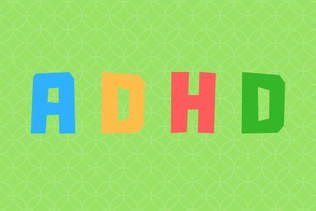 Most people with Attention Deficit Hyperactivity Disorder (ADHD) struggle with chronic disorganization in their day to day lives. Do these challenges sound familiar? Inability to: find things when they are needed, make decisions about what to throw/give away, start and/or finish a decluttering project, sort/organize belongings. Fear not – there is hope. Organizing solutions for people with ADHD must be simple, creative and deliberate. Try the tips below that speak to you – it’s worth taking the time now in order to save time later. Your future self (and your loved ones) will thank you. |
Author
Carol Martin-Ward, encouraging practical ideas for easy organizing Archives
March 2021
Categories
All
|

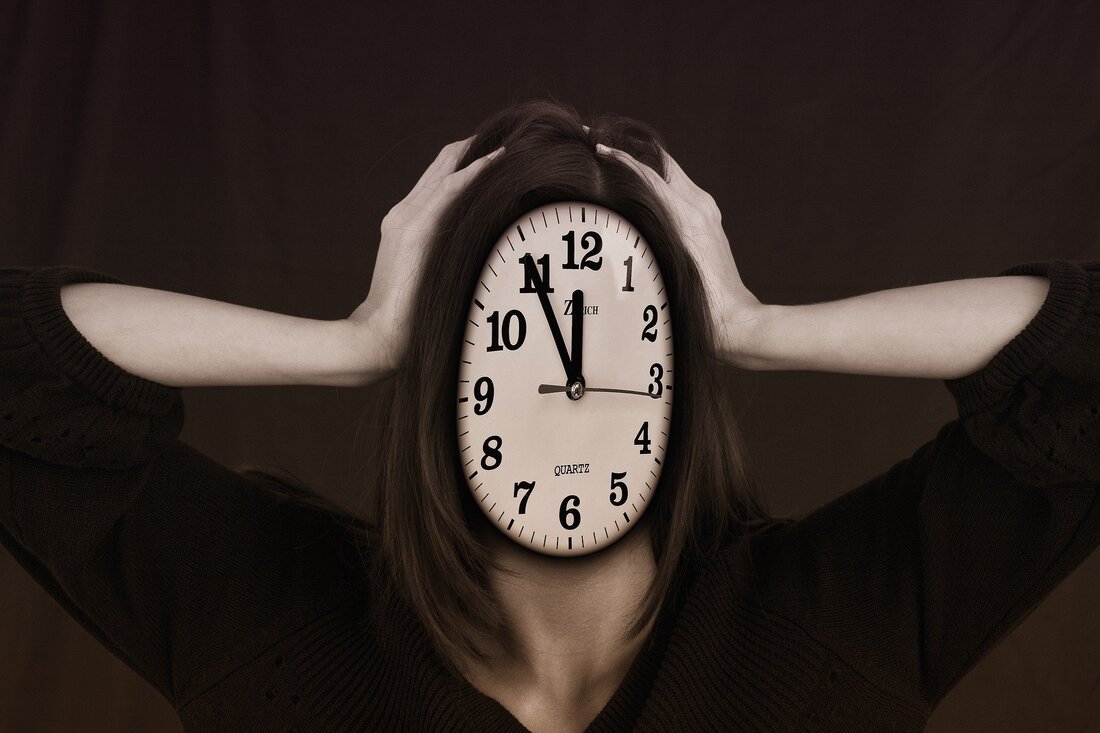
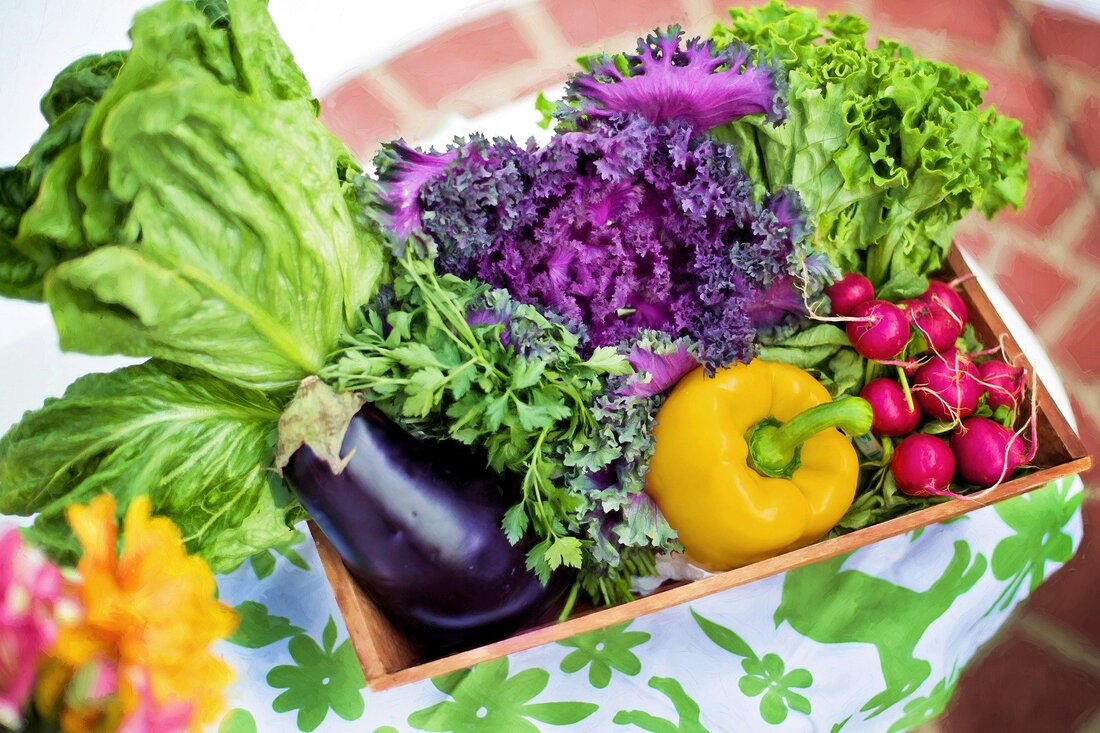
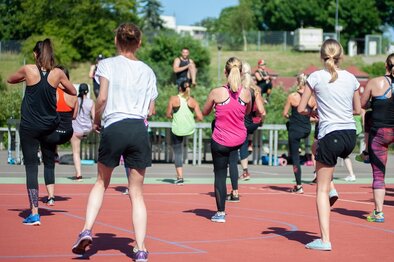
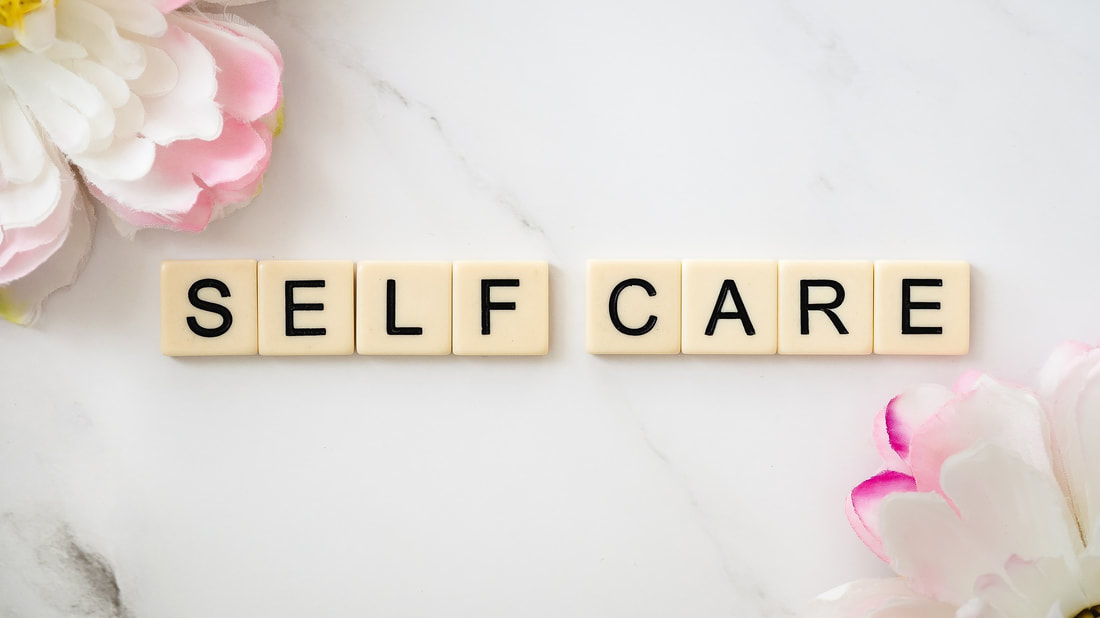

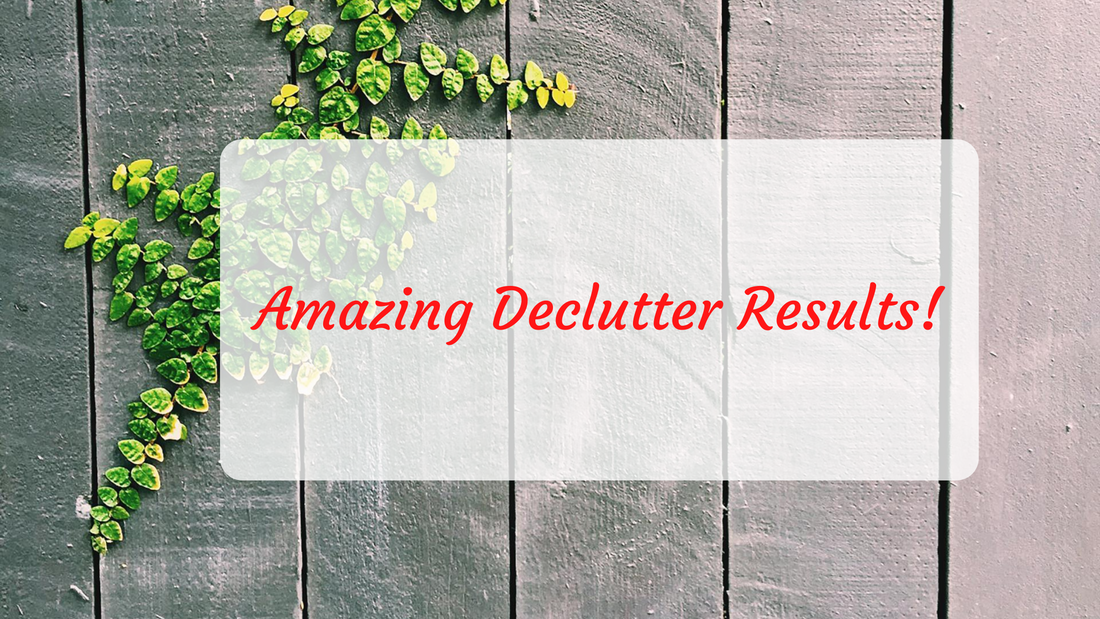
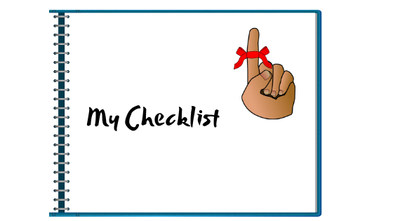
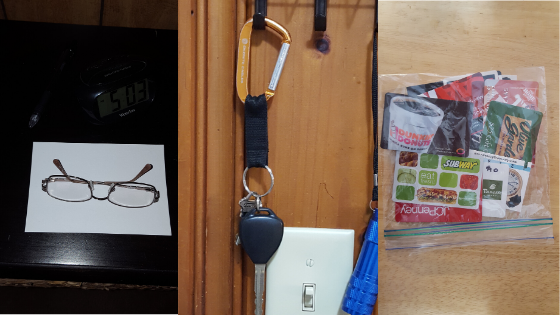
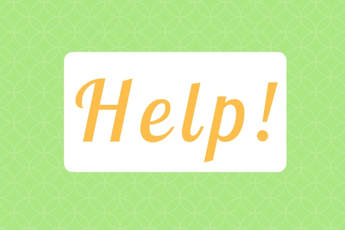
 RSS Feed
RSS Feed
